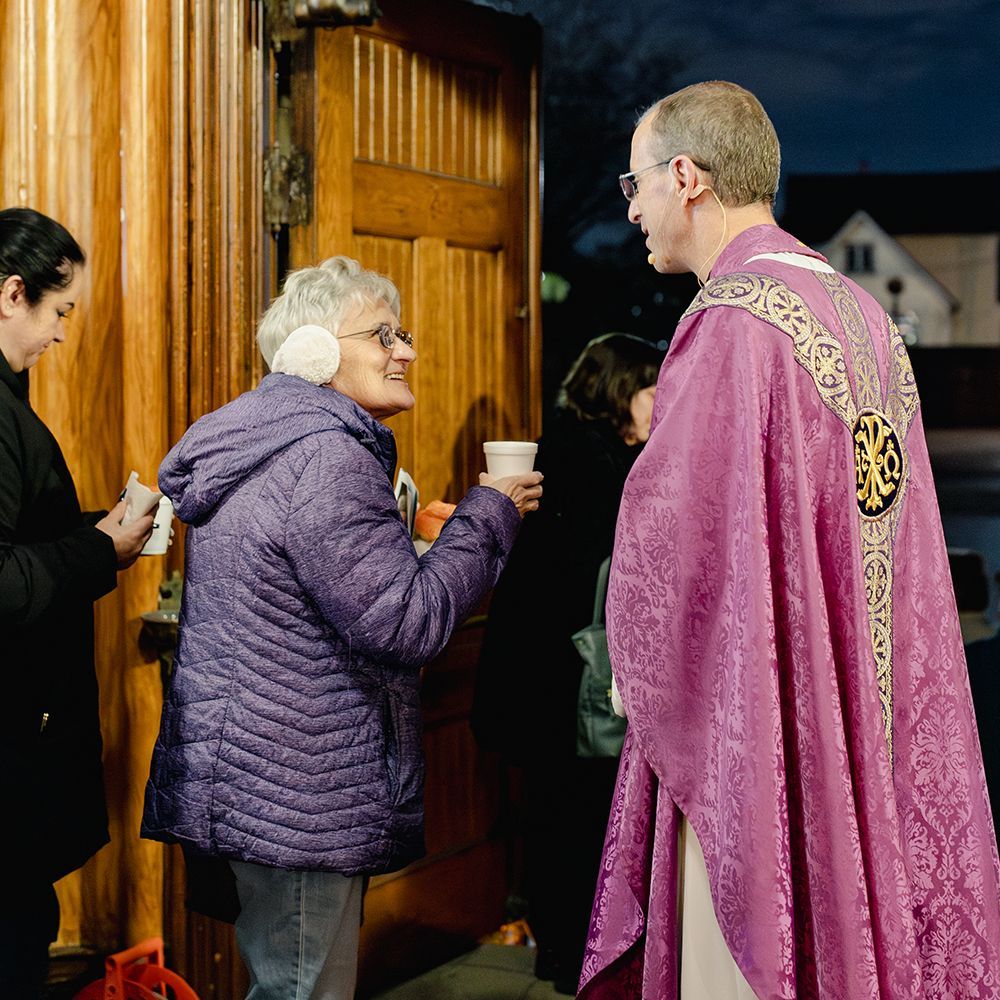What a Communication Specialist Can Do for Your Parish

In a perfect world, each parish team would have a specific person designated to all kinds of essential tasks. A financial manager to keep track of invoices, funds, and investments, a secretary to welcome visitors, schedule appointments, keep track of files, and answer phones and emails; and a janitor to keep the office clean and yard cared for. Unfortunately, we don’t live in a perfect world, but we still have tasks that need to be taken care of — especially that of communication.
Communicating the good news of your parish and finding ways to get the word out is one of the most important things you can do to grow your parish. If you haven’t considered the benefits of a designated Communication Specialist for your church, now is the time. From sourcing content for the weekly bulletins to maintaining social media, updating the latest Mass times on your parish website to regular communication to parishioners, you need someone to actively tell the story of your faith community.
The Parish Communications Position
If you’re like many (many!) parishes, the idea of hiring someone solely for communication might be laughable. Particularly when you have one parish administrator running three parishes, or a business manager in charge of multiple ministries. But in order to truly grow your congregation, engage your members, and keep financial stewardship consistent, it’s all about reaching out. And a person designated solely to communication can do just that.
Yes, the role of a communication specialist will include the bulletin, but it should also consist of strategic planning and leadership, ensuring that the church vision and culture is being communicated in every aspect of your ministry. That the design, content, and overall message of your website matches that of your social media, email messages, and marketing materials like brochures, flyers, and connection cards.
How to Find the Best Person for Parish Communications
Remember that all things are impossible until they aren’t! Start off by asking for volunteers from your parish to take over, grow, or begin from scratch a communication plan, but keep in mind that it should be someone with some type of experience. Do you have a member of your congregation who works in the communication field? Reach out and ask if they could devote a few hours to help create a marketing/communication plan, help train a volunteer on social media best practices, or help with curating content for the weekly email.
While having someone for the job is great, be sure that it’s someone who knows about communication best practices, and has the time and skillset needed for the job. Just because they volunteered for the job, doesn’t always mean they are suited for it. It’s OK to be particular when it comes to this kind of job!
How to Know When Having a Parish Communications Lead is Working
Let’s say you managed to find someone to volunteer for the job. Or you had money in the budget to hire someone on a part-time or (Lord willing!) full-time basis. How do you know if you are getting the results needed? It’s pretty simple — you just need to open your eyes to what’s in front of you.
Are your upcoming events being marketed to the outside community via print, digital, and social media vehicles? Do you get a good crowd when they happen? Does your audience demographic vary, or is it the same faces every time? Is your social media presence consistent and the content satisfying, and do you get engagement such as likes and shares from what you post? Are your pews filling up every Sunday and your lines for confession as long as ever? If so, you’re on the right track.
Want to hear from a star parish communications expert? Check out our blog
"Church Communications Expert Spills All."
Updated 10-24-2025




